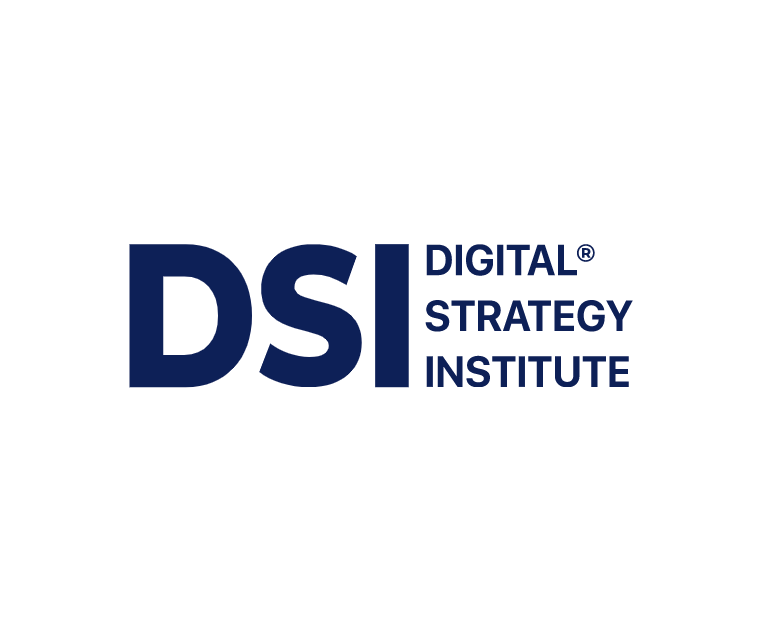Digital Marketing is a subset of Digital Stratagem
- Digital Strategy

- Jan 29, 2022
- 2 min read
1. The digital strategy operates at the enterprise level, while digital marketing operates at the departmental level
One of the key differences between Digital Strategy and Digital Marketing is that the former focuses primarily on the enterprise transformation of a business's core activities whereas the latter works specifically on the marketing elements of the overall strategy. Most of the companies or organizations tend to combine Digital Strategy with Digital Marketing, though this idea is one of the biggest mistakes an organization could ever make. It is necessary to recognize and understand the need for Digital Strategy in one's business which allows in building strategic planning with the overall business strategy. To clarify your strategic planning, you need to question your tactics and plans to understand where and when do you see your business flourish in the coming years. Indeed, So, this fact helps the strategic thinkers or experts also known as strategists to think of the Digital Strategy at an enterprise-level rather than the departmental level.
2. Digital Strategy is centered on Transformational Program and Digital Marketing is the distribution channel
Another important point that distinguishes digital strategies from digital marketing. Digital Strategy is a comprehensive transformation program which emphasizes on every feature of the business/organization. It comprises many functions and forces working together including sales, customer service, marketing, product management, supply chain, human resources, finance, and administration. Digital Marketing focusses on the promotional aspect of the business/organization where its primary concentration is on social media marketing and various other digital channels which acts as a communicational as well as a delivery method for various stakeholders. Digital Marketing uses various tools and schemes to help produce a compelling marketing plan for businesses or organizations to build connections with the customers and attract the target market. These tools and schemes consist of Social Media Marketing, Content Marketing, Public Relations, and Search Engine Optimizations. Digital Marketing Strategy is a vital part and a well-planned medium of conveying messages from the Digital Strategy. It is essential that the Digital Marketing Strategy includes a complete social media strategy with a content marketing strategy and integrates it with the business goals and their objectives for the organization.
3. The strategic initiative, versus tactical/operational initiative
As its name suggests, Digital Strategy is strategic by nature. It is created keeping in mind the long-term objectives and goals for businesses and organizations so that they can transform into a new age and respond as a digital enterprise. Digital Marketing Strategy works as a medium to deliver the right message through the right channels to the right audience at the right time. It starts with describing an organization’s or a business’s vision, mission, and objectives. Whilst defining the digital vision, it is essential to recognize your business's opportunities and strengths for it to excel in the business environment. Thus, it becomes important to understand the concept of tactical initiatives that influence various business stakeholders like buyers, vendors, suppliers, communities, employees, and government. Understanding the risks and contingencies, the assumptions and challenges and the possibilities versus probabilities is an integral part of the digital strategy definition process.




Comments